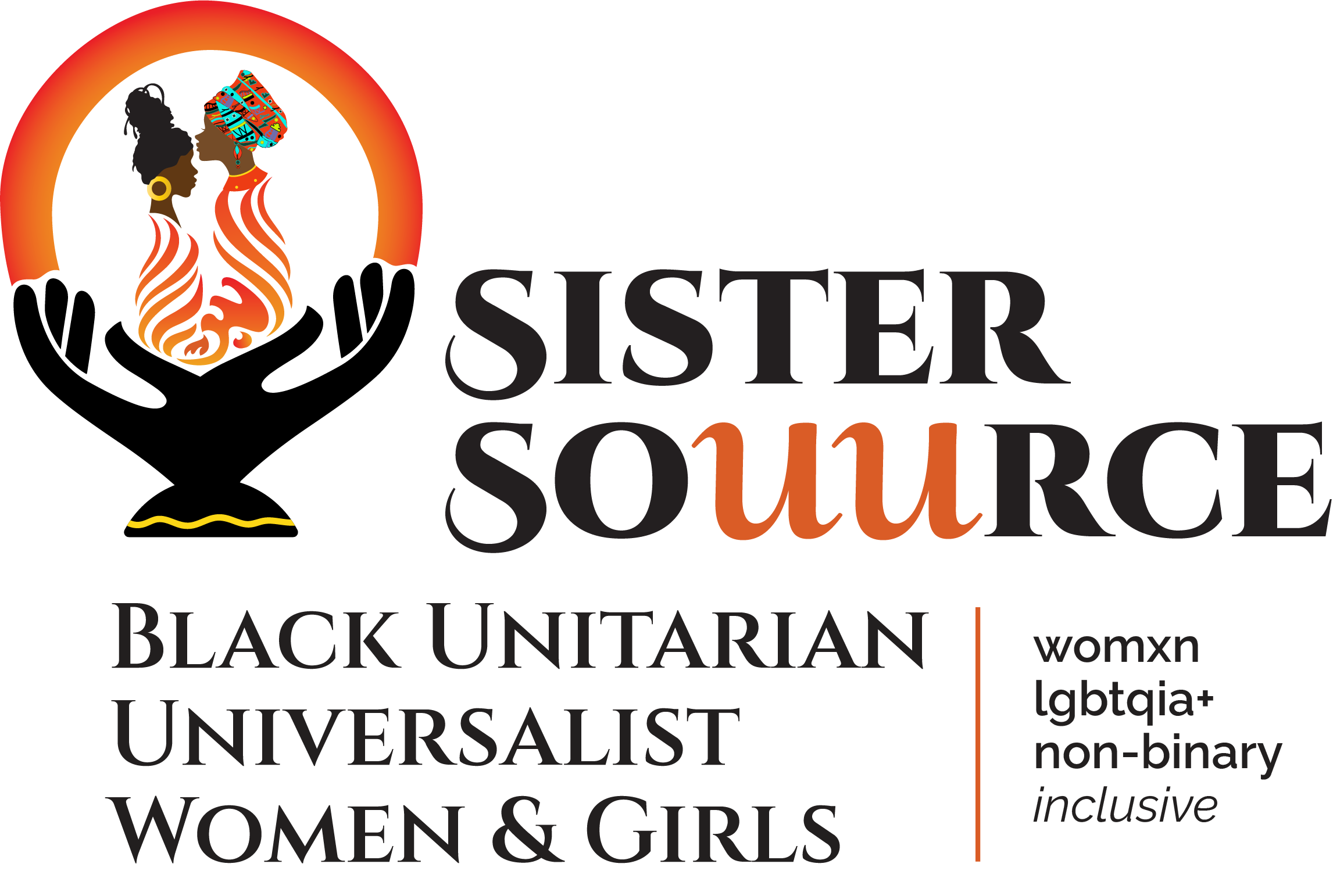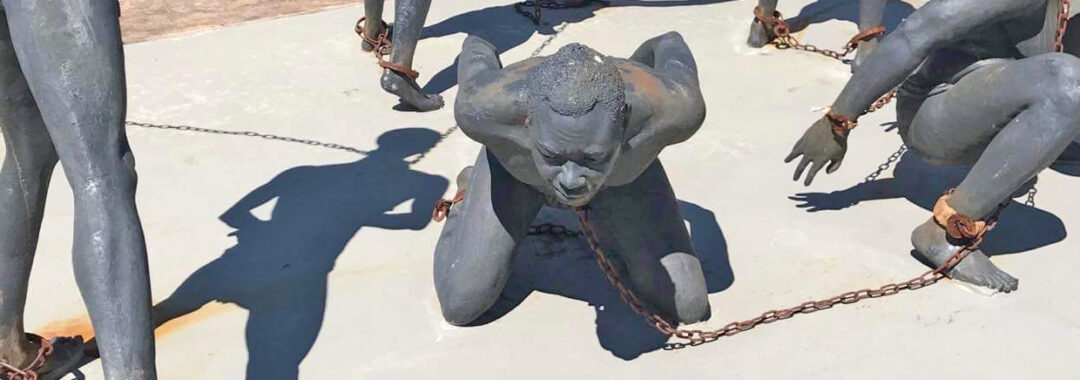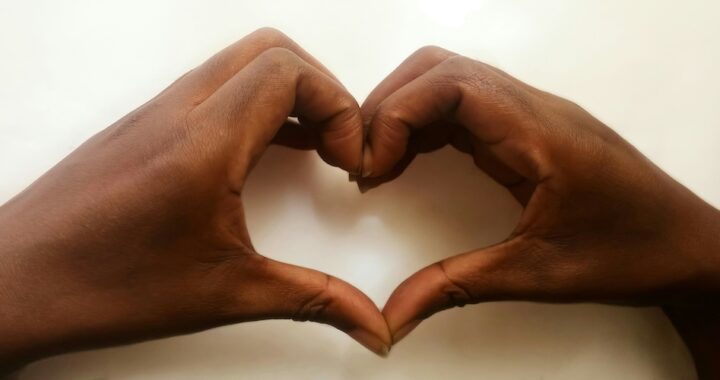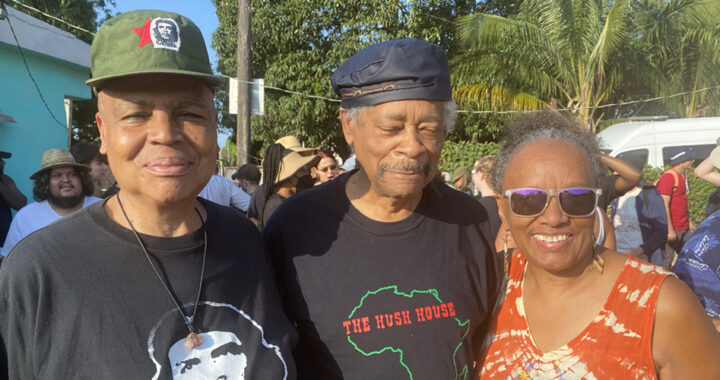by Rev. Qiyamah A. Rahman
The Woman King tells a fictionalized story of the Agojie, (pronounced ah go gee), an all-female military regiment in Dahomey, now known as the Republic of Benin, in West Africa. The Agojie existed in the 1800s, and were renowned for their bravery, grueling training, and skillful fighting. They represented the last line of defense between an enemy and the King, thus they were prepared to sacrifice their lives to protect him.
Some of the women that were conscripted into the ranks of the Agojie were throw-aways – women considered unmarriageable because they could not be controlled, those with “bad manners,” and girls that were not deferential or feminine enough. While these women were not subject to the same cultural norms for women of that time, they were governed by rules to which their male warrior counterparts were not subjected. According to Sylvia Serbin, author of the book, The Women Soldiers of Dahomey, the Agojie began their training as teens. While celibacy was not a requirement for male soldiers, the Agojie were not allowed to marry or have children. They lived their lives apart from their people behind a walled enclosure in the King’s palace. When the Agojie were in public, the people were required to avert their eyes.
While the movie is heavily dramatized, the Agojie warriors did, in fact, exist. However, the film takes some liberties, beginning with the main character. Nanisca, the general of the Agojie played by Viola Davis, is not based on a real character, yet Davis brings this fictional gladiator to life with the honed skill of her craft. At 57 years of age, Davis masterfully performs over ninety percent of her rigorous stunts. Her performance expertly juxtaposes the fierce warrior with the woman who ultimately faces her demons, and discovers the collateral beauty born of her brutal rape.
So, what is historically accurate? The Agojie warriors represent the only documented front-line female soldiers in modern warfare history. At one time, the Agojie numbered 6,000, and existed for over a century. The last known surviving Agojie woman, Nawi, was interviewed a year before her death in 1979 at over 100 years old. Nawi is played in The Woman Kingby Thuso Mbedu, a South African actress who was nominated for an international Emmy for her role in the drama series Is’Thunzi. She also starred in the Amazon limited series, The Underground Railroad.
The character King Ghezo, played by John Boyega, ruled over the Dahomey Empire from 1818 to 1859. He came to power when he replaced his brother Adandozan, who ruled from 1797 to 1818. The coup to bring King Ghezo to the throne was successful due to assistance from the Brazilian slave trader Francisco Felix de Sousa. This provides a glimpse into the complicity of the Dahomey people, who participated in the slave trade along with their archenemies, the Oyo people.
Although King Ghezo was a young and inexperienced King, he demonstrated a radical inclusiveness not only with his acceptance of General Nanisca’s counsel, but also by welcoming the participation of females in his cabinet. In his book, Black Women of Antiquity, John Henrik Clarke comments, “Africans had produced a way of life where men were secure enough to let women advance as far as their talents would take them.” The Dahomey society did in fact hold a progressive view of women, and evidence of this is demonstrated in the presence of a woman King.
The film does acknowledge the Dahomey Empire’s participation in perpetuating chattel slavery among their own people and other tribes. What is not revealed in the movie is that Dahomey continued to engage in the slave trade even after both the French and English had abolished slavery (in 1794 and 1833, respectively).
While the Dahomians never ceased their slave trade, during King Ghezo’s rule, the human sacrifice of slaves was abolished, and the death penalty for certain non-fatal offenses, such as adultery, was eliminated. Furthermore, King Ghezo discontinued the trade of Dahomians, which had occurred under his brother’s rule. In the movie, Viola Davis’ character, Nanisca, encourages King Ghezo to cease the trade of humans, and to instead invest in palm oil production to generate revenues.
Oyeronke Oyebanji, a Nigerian public health professional, states in her recent review of the movie: “The sad truth is that the Dahomey people built their kingdom’s massive wealth by capturing and selling other human beings long after the British declared the slave trade to be illegal.”
The movie depicts this ugly truth but presents such compelling dramatization of the Agojie fighting the French and the Oyo people that the duplicitous nature of the Dahomians is minimized. While the Dahomey Empire’s battles against the Oyo Empire were real and illustrated their long-time enmity, the fact that both Empires participated in the selling of their people is downplayed.
Critics
Critics boycotting the movie cite several concerns. One such viewpoint is that the Agojie were violent, and do not deserve to be valorized. One critic stated the movie is “nothing more than two hours of Black women murdering Black men.” It is important to note that different cultural lenses create vastly different interpretations. Africans viewing the film see tribal wars between the Dahomey Empire and the Oyo Empire. African Americans, applying a cultural construct based on different realities, perceive a gender war, not tribal wars. African American critics seem to have reduced the ancient enmity between two powerful empires to race and gender, thus ignoring African cultural mores.
Other critics have stated that the film is a propaganda tool of feminists. These African American critics are applying a cultural perspective that emerged out of the theoretical conflicts between Black feminists and Black nationalists. Many Black women in the 1960s did not participate in the white women’s movement because of white women’s inherent racism, and due to white women’s failure to prioritize racism over sexism. Their failure to understand that while Black women suffered from sexism from Black men, Black women and their families, which included men, also suffered from white supremacy. They were therefore committed to work in concert with Black men and their communities, rather than to separate from them as many white feminists were wont to do.
Black women who embraced feminism and womanism instead chose to call Black men on their bullshit. Black feminists were comfortable with casting their Black gaze on the violence against Black women committed by Black men along with other forms of sexism. When movies like The Color Purple and Waiting to Exhale debuted, many Black men and women felt Hollywood was legitimizing the attack on Black men, thereby using the media to humiliate and debase Black men. These same critics view The Woman King as “Hollywood theater propaganda targeting an audience of feminists.”
While film can be used to reach a wide audience to inform, inspire change, and promote cultural norms, it can also promote and foster negative cultural beliefs. Hence, nationalists often view strong independent Black women that challenge Black men as ball-busters committed to destroying Black men. Some of the same critics assert that the film’s white writers and producers are subtly fostering hatred and rivalry between Black men and women. They point to Nansica’s archrival. While they focus on the fact that he is a Black African, they fail to recognize that he is an Oyo, the hated enemy that has overpowered the Dahomey people for years. While some feminists see a Black female sexual assault survivor and a Black male rapist at odds, and Black nationalists see rivalry between Black men and women, many Africans and African Americans see two competing and historically antagonistic empires competing for dominance.
Other critics point to the fact that Viola Davis was the producers’ second choice to play Nanisca, the Agojie general. Their first choice, Lupita Nyong’o, refused the role after traveling to Benin and conducting research that revealed the Agojie warriors were brutal to their people. For the movie’s supporters, however, this knowledge did not warrant sufficient reason to boycott the film.
Some of the same critics maintain that Hollywood should not be in the business of telling Black history. And that may be a valid criticism. However, a documentary is very different from a feature film based on true life. Hollywood has long been accused of mixing too much fiction with reality and is guilty of distorting history when exercising their white privilege to narrate Africans’ history.
Still other critics point to the feminist plot in the narrative. Boyce Watkins, an African American author, political analyst, and social influencer notes that he is all about girl power but asserts that the movie is theater propaganda that targets an audience of white and Black feminists, and LGBTQ. Watkins points to a “gender war” that is subtly being waged.
Let’s be clear. This is not a documentary. Hollywood is not in the business of producing Black or African documentaries. I personally liked the movie and was intrigued enough to do my own research to determine how much of it was based on historical fact and how much was fiction. I liked the diverse cast that included African Americans, South Africans, West Africans, and Londoners. I enjoyed the action of the fight scenes and the glimpses into the lives of the Agojie.
Viola Davis was recently interviewed about the film and her preparation. She recounted her journey to learn about and understand the Agojie by watching videos and reading books. One of her comments speaks volumes about her role in this and other outstanding performances. She states, “A life is measured by the footprints one leaves behind.”
Viola Davis and the cast of The Woman King are leaving behind some powerful, poignant, and profound footprints!
Note: The Woman King premiered at the Toronto International Film Festival and debuted in the US on Friday, September 16. The Woman King was produced and directed by Maria Bellow and Cathy Schulman, written by Dana Stevens with contributions by Gina Prince-Bythewood (Love and Basketball), and produced by Tri Star Pictures, Nelle Entertainment, JVee Production, and Entertainment One Ltd. Music by Terence Blanchard and Lebo M. (The Lion King).
Ashé,
Rev. Qiyamah
The featured photograph above is from my personal collection, taken at The Legacy Museum and The National Memorial for Peace and Justice in Montgomery, Alabama. https://museumandmemorial.eji.org/



